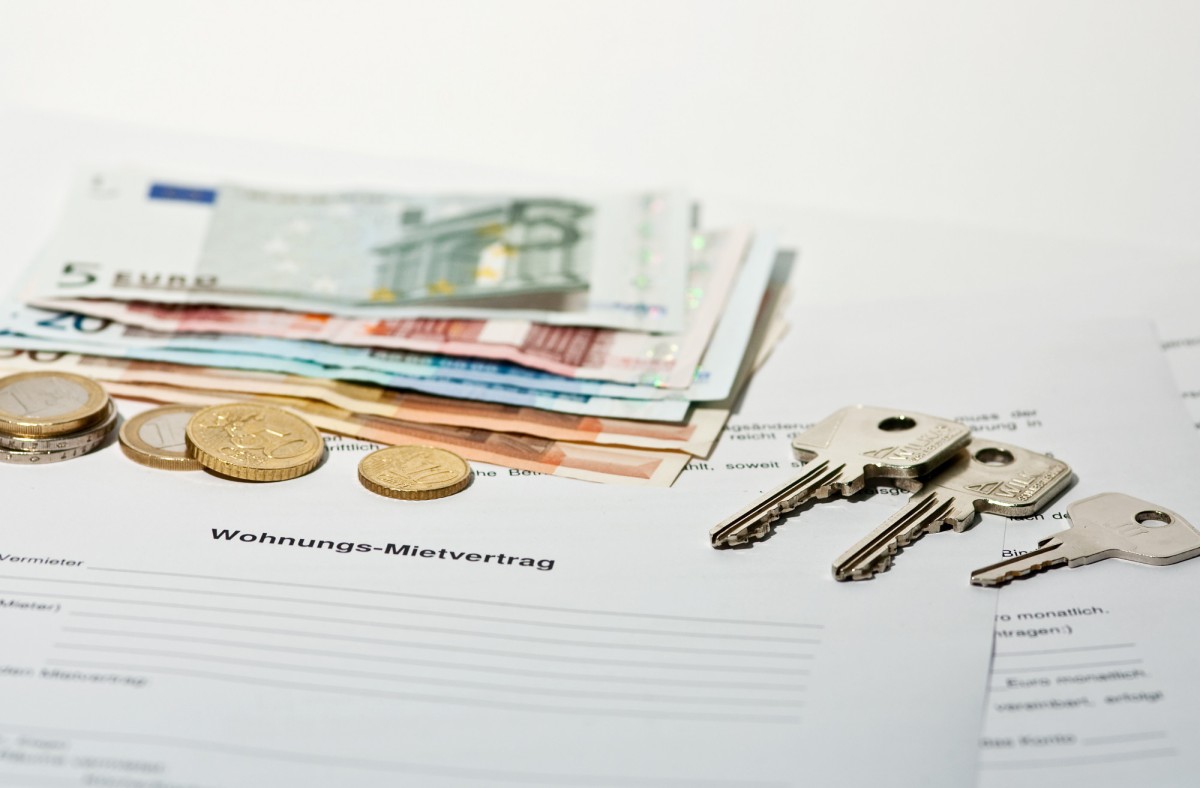
The law no. 124/2017, article 1, paragraphs 63 and thereafter, establish the right of the buyer to request a deposit for the price of the notary who provides the public purchase deed.
At the time of signing the final purchase contract, both parties appear before the notary, sign the contract and at the same time the buyer pays the price of the property. It is from that moment in which the ownership of the property is transferred, consequently the buyer becomes the new owner of the property.
It is known that the buyer is exposed to a risk:
Between the date of signing the final purchase contract and the date of its transcription in the public records of land registry, the seller can publish a ‘charge’: ‘charge’ means an embargo, a seizure, a mortgage, etc.
This situation is certainly not frequent, because notaries are obliged to transcribe the purchase deed with absolute punctuality. However, it is a risk that before the commencement of this law it wasn’t possible to exclude it completely.
If one of the parties requests it, the notary receives the necessary amount from the buyer to pay the purchase price, holding it in a ‘specific’ current account. Obviously, this amount is intended for the seller, who the notary will pay (normally via bank transfer) as soon as the transcription has been carried out. Therefore, the public formality with which the certainty is acquired that the sale has been completed without problems.
The amounts paid to the notary are consequently totally safe: in fact, they are separate to the notary’s assets and they can’t be linked to the lenders of any notary.
The main purpose of the ‘deposit price’, as mentioned, is to protect the buyer from the transcription risk or damaging charge in the time interval between signing the final contract and record of the registry.
At the same time, it becomes a fundamental utility, in the instance that the property sold is already taxed by a pre-existing mortgage. In this situation, the final contract should stipulate that the notary will pay the amount to the seller only once the mortgage has been cancelled.
If therefore the house can’t be accessed immediately, or perhaps it is still not free (because it is occupied buy the seller or by any tenant), it will be possible to foresee in the final contract that the notary will pay the price of the seller only once the availability is obtained. Or maybe to maintain the mentioned examples, once the house is completely free of people.
It must be said that the deposit of the price isn’t compulsory but simply an option.
It is observed that this system can represent a guarantee for the seller, who won’t run the risk of receiving, as payment of the price, a cheque which could be ‘cloned’ or not covered.
When the final contract is signed, in fact, the notary will have already received the transfer from the buyer, and therefore, the amount will be available.
Once the purchase deed is recorded and transcribed (to be repeated in a few days), the notary will transfer the price directly to the buyer’s current account.